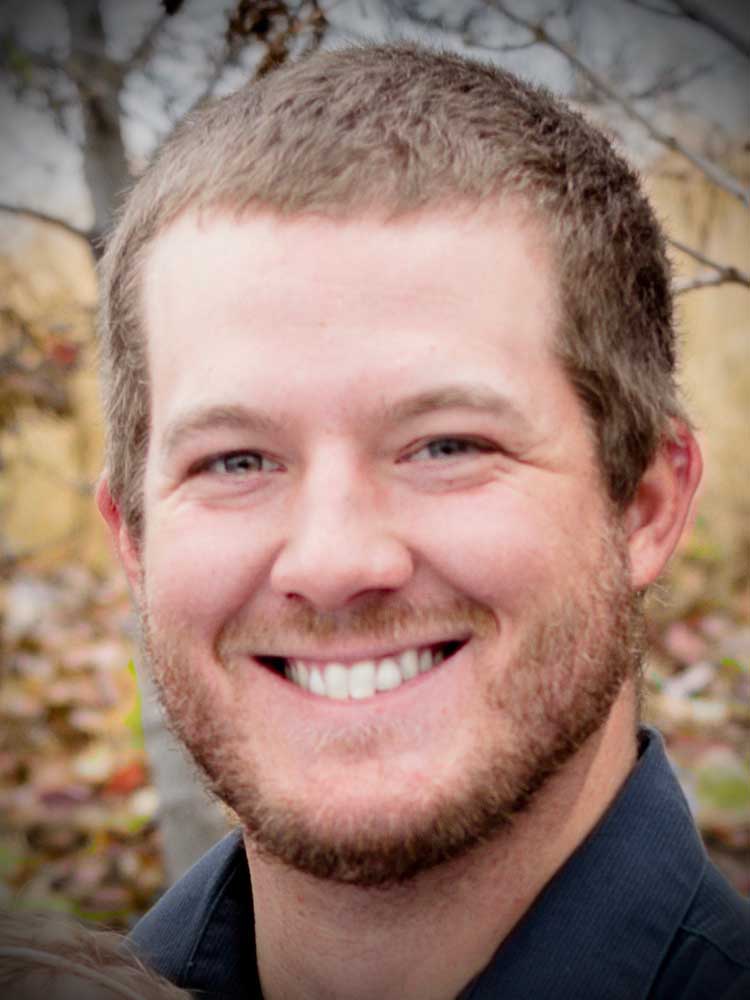On Liberty: Censorship is a tool of tyrants
Published 6:00 am Wednesday, April 7, 2021

- Patton
Americans have enjoyed the benefits of freedom for over 200 years. Our Founders were wise enough to recognize that in order to self-govern, the citizens and the press needed the ability to think independently from government influence. The First Amendment to the Constitution protects this value, while censorship opposes it. If we allow any form of censoring to gain a foothold, power-hungry authoritarians will use it as a tool to gain power over our speech and our minds.
The ACLU defines censorship as “the suppression of words, images or ideas that are ‘offensive,’” and notes that censorship can be carried out by both governments and private organizations. We are familiar with the atrocities of the 20th century that resulted from government censorship.
After securing victory and ending the Russian Civil War in the early 1900s, the Bolsheviks signed the “Decree on Press” to prohibit the publishing of any “bourgeois” articles that were critical of the new government.
In 1930s Germany, the Nazi Party strictly enforced censorship to promote the circulation of propaganda that celebrated their ethnic superiority and simultaneously dehumanized the Jewish people.
We know now that millions of Soviet citizens were sent to prison work camps known as gulags for speaking out against the government, and of course the unchallenged Nazi propaganda played a significant role in the events that led to the Holocaust.
Currently, the Chinese Communist Party (CCP) is reportedly operating modern concentration camps housing Uyghur Muslims in the Xinjiang Province. The CCP denies their existence, insisting that they are reeducation schools to combat “extremism” and to inspire loyalty to the party. Few people truly know what is happening in China because the CCP has such a tight grip on the flow of information.
In America, the current threat of censorship isn’t coming from the federal government. Instead, major tech companies are using their power to limit our access to information. A 2019 Pew Research poll found that over half of Americans report getting news from social media platforms. As our sources for news and ideas grow less diverse and less reliable, our thoughts and conversations begin to shrink in breadth and depth as well. When we see influential organizations and political figures chastised or even banned from social media, it becomes difficult to maintain the courage to speak up and speak out against the “Twitter mob.” Self-censorship is a particularly dangerous form of censorship because it not only limits the number of ideas in the marketplace, but it also makes people fearful to ask questions.
When we stop learning, we stop growing. Additionally, we also see social media platforms like Twitter performing obvious acts of speech suppression by blocking user accounts or removing content they deem a violation of their policies. A highly publicized instance of this took place in October of 2020, when the New York Post was locked out of its own account for their investigative news article on Hunter Biden’s laptop. In this case, Twitter cited a violation of its policy against sharing hacked materials, but the reality is that Twitter and other platforms have the liberty to shape their policies however they like and place restrictions on any type of speech that is in violation of such a policy. Numerous other individuals have fallen victim to Twitter’s arbitrary censorship policies, and it is alarming that so many Americans are relying on social media platforms like this for their news. They are receiving curated news feeds formulated by tech executives, and it is influencing their perceptions, for better or worse.
Social media and other large companies engaging in the restriction of free speech are able to rationalize their actions by claiming that an individual’s right to expression ends when their speech causes offense to others. However, the only ethical way to combat offensive (or even dangerous) speech is not by silencing it, but by engaging with it in open debate. Even the ACLU agrees: “these private censorship campaigns are best countered by groups and individuals speaking out and organizing in defense of the threatened expression.”
Instead of working to silence our opposition, we should seek to engage with people whose views we find challenging, and we must not fail to challenge speech suppression, even the suppression of speech we abhor. Censorship is nothing more than mental slavery and it has no place in a nation founded on principles of freedom and justice for all.








